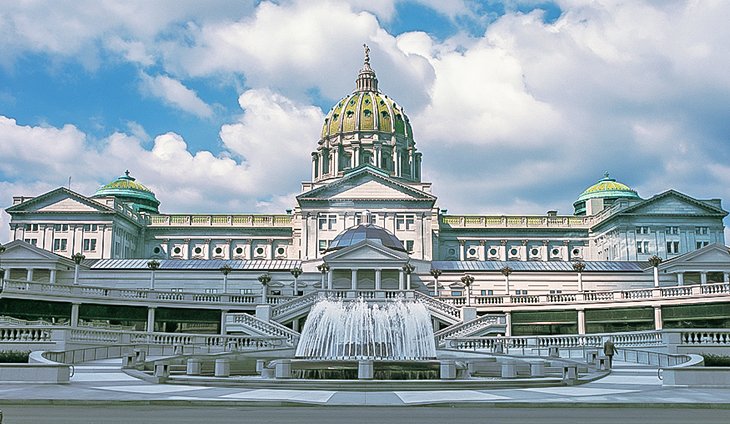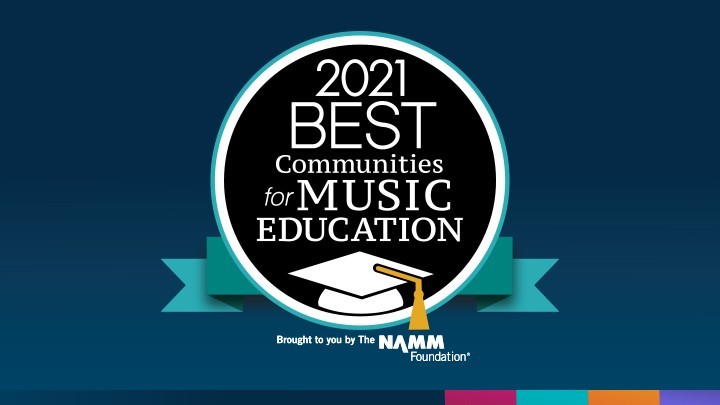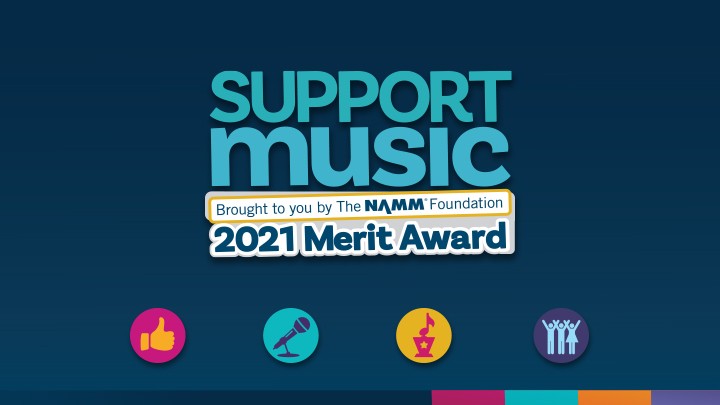|
|
|
|
|
|
|
|
|
|
|
|
Governor Tom Wolf signed the Pennsylvania 2021-22 state budget and other laws this week. Here is a breakdown of impacts to education.

State Budget
The $40.8 billion budget is a spending increase of $1 billion, or 2.6% from last year’s budget when supplemental spending and federal stimulus spending is included.
The budget utilizes about $1 billion of the $7.3 billion the state received in federal American Rescue Plan (ARP) funds, with the General Assembly opting to hold the balance of that money which is allowable and can be used over the next three years. In addition the state had nearly $3 billion in surplus revenue to work with.
The state made a $2.52 billion deposit into the state’s Rainy Day Fund, bringing the balance to a historic $2.76 billion. The record-high boost to that fund was made possible because of surplus revenue plus the previously noted $7.3 billion in federal COVID-19 relief dollars.
Included in the budget are:
This spreadsheet from the Pennsylvania Department of Education spells out district funds coming from the state to districts as well as level up amounts.
Any increase in the basic education subsidy is a win as Pennsylvania continues to fall behind other states in the percentage of state support for public education.
Other Notable Legislation
Renewal of Substitute Teacher Provision for Prospective Educators
Intermediate units and area career and technical schools may utilize individuals training to be teachers to serve as a substitute teacher, provided the individual has valid clearances and at least 60 credit hours.
Optional year of instruction due to COVID-19
This bill provides extended special education enrollment as well as an optional year of education for students due to the pandemic. Parents must elect to enroll the student by July 15, 2021. The PA Department of Education will create a standard election form for parents to use.
Under the bill, a special education student who has reached age 21 during the 2020-21 school year or before the start of the 2021-22 school year may continue to be enrolled for the upcoming year.
The bill also permits any student under the age of 18 to repeat a grade level of instruction for the 2021-22 school year at the parent’s request; a child at or over the age of 18 may also make a request. The student may continue to participate in academic or extracurricular activities, including interscholastic athletics.
In our on-going push to raise awareness of how federal Elementary and Secondary School Emergency Relief (ESSER) stimulus funds can be used for music and arts education, PMEA sent a letter to every school district superintendent in Pennsylvania reminding them of the ESSER funds and asking them to reach out to the federal program coordinator in their school district to remind them about how these funds can be used for music and arts education.
You can download a copy of the letter here and we encourage you to send a copy to your superintendent as reinforcement of the message of the value of these funds.
Learn more about how you can request these funds for you music program here.
Congratulations to the 686 school districts that are among the Best Communities in the nation for music education and the 80 schools that received the SupportMusic Merit Award (SMMA) from The NAMM Foundation! The award program recognizes outstanding efforts by teachers, administrators, parents, students and community leaders who have made music education part of a well-rounded education. Designations are made to districts and schools that demonstrate an exceptionally high commitment and access to music education.
Learn more at www.nammfoundation.org
Here are the Pennsylvania Best Communities and SupportMusic Merit Award designees. Congratulations!


| East Hills Middle School | Bethlehem | PA | 18017-2761 |
| Lancaster Catholic High School | Lancaster | PA | 17601-4360 |
| Propel Schools – East | Turtle Creek | PA | 15145-1652 |
| Somerset Area Junior and Senior High Schools | Somerset | PA | 15501-2565 |
| St. Francis School | Clearfield | PA | 16830-2206 |
In anticipation of a year that will require advocacy for music and arts education like we’ve never seen before, PMEA has issued the 2021 PMEA Policy Playbook. This guide is designed highlight the issues PMEA will advocate for in 2021.
Of course, we realize the changing environment will require advocacy and information efforts in other areas as well and we will react to those accordingly.
Governor Tom Wolf announced his 2021-22 budget proposal yesterday. The plan calls for $1.5 billion more dollars for education. Most of his proposed increase in funding would flow through the fair funding formula enacted five years ago. $1.35 billion of his proposal would be distributed as part of the basic education subsidy, which allows schools to use the money for primary operations.
The proposal would bring the total distributed through the basic education subsidy to $8.1 billion. This would provide a significant increase to schools. However, it’s important to remember this is only Wolf’s proposal.
To pay for this large increase in education funding as well as other proposed initiatives, Wolf is proposing an increase in the personal income tax. That increase would not impact all taxpayers based on the proposal. Some tax payers would end up paying less taxes while the highest earners would pay more. Wolf is also calling for other income generators in the budget, however the personal income tax increase would bring in the most money.
Opposition to the budget has already begun. Tax increases are unpopular – even if a portion of the population won’t actually pay more taxes. And, there is a provision in the Pennsylvania Constitution that does not allow unequal tax rates. Budget hearings will begin soon to discuss Wolf’s most ambitious proposal yet.
In December 2020, as part of COVID-19 financial relief, Congress allocated more funds schools can use to address issues related to the pandemic – specifically learning loss. The Elementary and Secondary School Emergency Relief Fund Round II (ESSER II) can be used for a wide variety of activities.
You can find your school district or charter school’s preliminary allocation on PDE’s website.
We suggest you begin conversations now with your administrators on ways to use some of the ESSER II funds for your music programs. You may also want to inquire about the allocation of the first round of ESSER funds in case there is unallocated funds in your district or charter school.
Here is a list of possible ways you can use the ESSER finds. Keep in mind the goal of these funds is to address learning loss during the pandemic.
Materials needed to set up a classroom with a physical distance between students (sheet music, music stands, media cart, etc.)

Thank you for participating virtually with us for the 2020 PMEA Advocacy Day in Harrisburg on June 8, 2020. Your voice is valuable in our goal of making music and arts education a reality for every child in Pennsylvania.
2020 PMEA Legislative Recommendations
Pennsylvania Public School Funding History – A history of education funding in Pennsylvania put together by the Education Law Center.
Pennsylvania Arts Education in Public Schools – A review of arts education requirements in Pennsylvania put together by David Deitz.